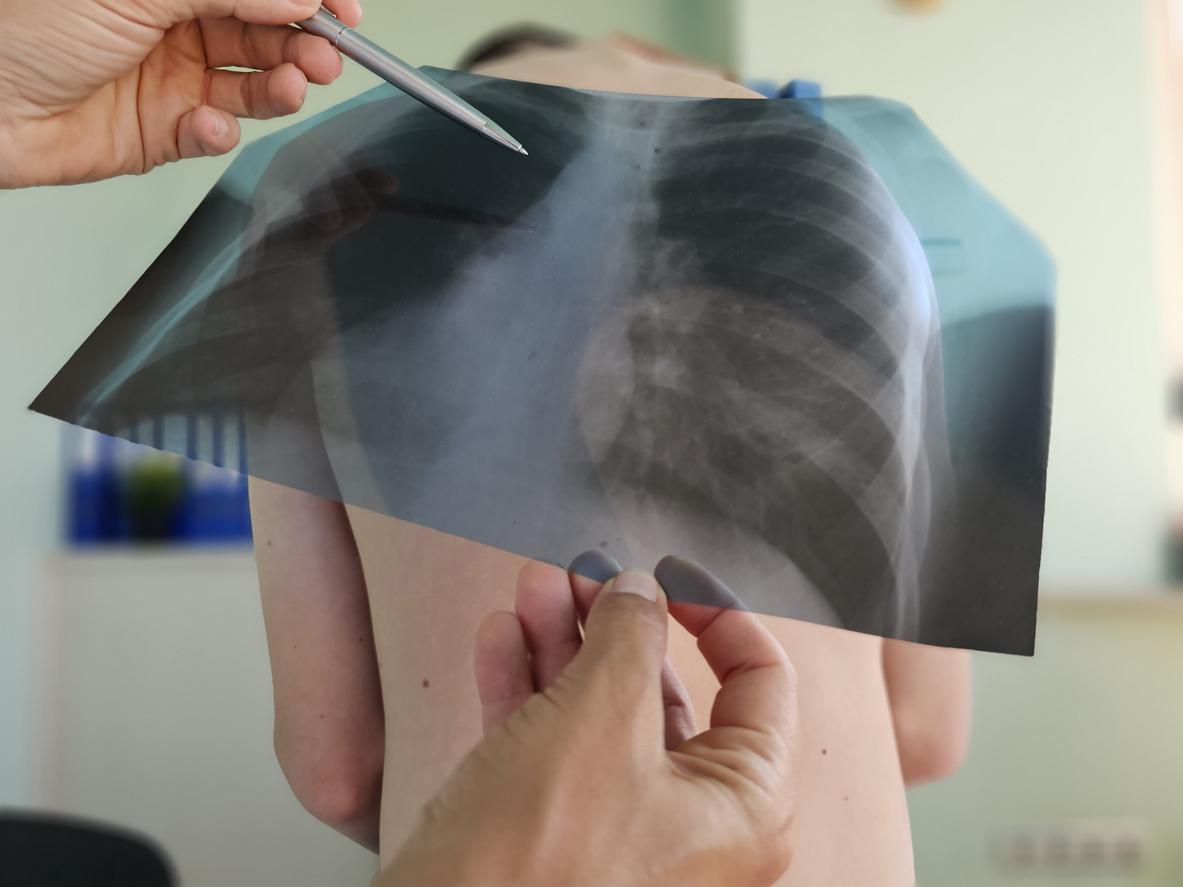A new plan from the World Health Organization aims to eradicate tuberculosis by 2050 in the least affected countries. In 2012, the disease claimed more than one million lives worldwide.

It’s a two-step plan. The first targets a pre-elimination of tuberculosis by 2035 and the second a complete eradication by 2050. And this in 33 countries in which the disease is not widespread. This new strategy is being developed by the World Health Organization and the European Respiratory Society, which wish to accelerate the fight against this pathology. Because it is bearing fruit. Treatment for tuberculosis has saved more than 22 million lives and the number of patients is declining. However in 2012, more than 8 million people were affected and 1.3 million died.
A plan in 8 interventions
WHO has therefore developed a new framework for countries with an average incidence of less than 100 cases per 1 million population. Most of them are spread across Europe, including France, Germany and Italy, but also other countries such as the United Arab Emirates, Jordan and Jamaica. In these territories, 155,000 people still contract tuberculosis and 10,000 die from it each year. “If we make mistakes now, tuberculosis could regain ground, including in more resistant forms,” warns Professor GB Migliori of the ERS.
The new plan provides for 8 interventions deemed essential. First of all in terms of organization with planning, supervision and a financing plan. Above all, we must take into account the most vulnerable groups, the most difficult to reach, the special needs of migrant populations and cross-border problems. Indeed, globalization and the intensification of population movements favor the spread of the disease. Among the most vulnerable groups are the poor or homeless, migrants, drug addicts and the immunocompromised.
Another way forward is to screen for active tuberculosis and latent infection in high-risk groups. Because the disease is caused by a bacterium, Koch’s bacillus. However, it can remain silent in the body for several years, and wake up if the immune system weakens. Finally, it is important to fight against multidrug-resistant tuberculosis. For Dr Mario Raviglione, director of the WHO global program, “countries with a low burden of disease can be world leaders”.
.















